
Guatemala, Latin America: Week in Review
Guatemala Declares State Of Siege Due To Zeta Presence Near Mexican Border
December 20, 2010 By Staff
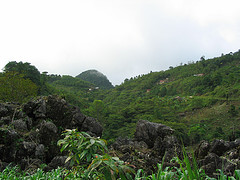
The countryside in the northern department of Alta Verapaz, Guatemala.
Today in Latin America
Top Story — The Guatemalan government declared a state of siege Sunday and has sent hundreds of troops to a northern province where officials claim a Mexican drug gang is taking control of towns and threatening residents.
President Álvaro Colom announced that the emergency rule in in the Alta Verapaz department — the term used to refer to provinces in Guatemala — would last 30 days and allows the military to order anyone suspected of conspiring against the government to be arrested and imprisoned without a warrant.
“It is to bring peace to the people and recover their confidence in the government,” Colom said, according to The Associated Press.
There was no major fighting reported in the department on Sunday and pictures published by the local press showed armed military men stopping vehicles in the streets. In the city of Cobán, national police and soldiers searched homes and inspected all cars as they entered and left the department’s capital.
Ronaldo Robles, a spokesman for President Colom, said that the department had been overtaken by the Zetas drug gang. The Zetas are a group of ex-soldiers who began as hit men for Mexico’s Gulf drug cartel, but broke out on their own and have become one of the most violent drug gangs not only in Mexico, but throughout Central America.
Guatemala’s decision to take measures against a Mexican drug organization shows the reach that the Zetas have and the fact that the gang views the country as a safer area to conduct business. Mexican President Felipe Calderón began an effort in 2006 to combat the country’s organized-crime groups, which has resulted in both the capture of many principal drug lords and the deaths of over 30,000 people.
“Mexican drug-trafficking groups are simply moving to Guatemala as a safer place to conduct their operations,” said Anita Isaacs, a political scientist who studies Guatemala at Haverford College, according to The Wall Street Journal.
Just Published at the Latin America News Dispatch
- Brazil’s Lula da Silva may be one of the region’s emblematic left-leaning figures, but Nikolas Kozloff’s piece based on WikiLeaks cables concerning Brazil paints a different picture.
Headlines from the Western Hemisphere
North America
- An oil pipeline explosion in the central Mexican city of San Martín Texmelucán killed at least 28 people and is estimated to have affected 5,000 residents.
- The United States Senate blocked the DREAM Act immigration bill Saturday, which effectively kills its chances of passing this year.
Caribbean
- Micheal Moore said his film 2007 “Sicko” had not been banned in Cuba, as affirmed by a U.S. diplomat in a cable made public by WikiLeaks.
- The Obama administration’s resumption of deportations for Haitians for the first time since the Jan. earthquake has prompted angry reactions in New York and South Florida, where most of the diaspora resides.
Central America
- One person was killed and at least 15 others were wounded in a grenade blast at a video game parlor in downtown San Salvador, El Salvador’s National Civilian Police said Sunday.
- Panamanian Vice President Juan Carlos Varela called the Panama Canal expansion a “disaster” after a group led by Spain’s Sacyr Vallehermoso, S.A., won a $3.1 billion contract to accommodate larger ships, according to a WikiLeaks cable.
Andes
- Venezuela’s congress has again given temporary one-man rule to President Hugo Chávez, less than three weeks before a newly elected National Assembly takes office.
- The judge for the rain-forest pollution lawsuit Chevron Corp faces in Ecuador on Friday closed the evidence presentation period.
- Bolivian prosecutors have charged 39 people over an alleged plot to assassinate President Evo Morales and launch an armed rebellion last year.
- The Colombian army said it has installed a giant Christmas tree in FARC territory to encourage guerrilla fighters to demobilize.
Southern Cone
- Fourteen Chilean military officials who served under Augusto Pinochet were sentenced to prison for the deaths of four French citizens by a French court that tried the men in absentia.
- Uruguayan major general Raúl Gloodtdofsky Fernández will be the new head of the U.N. Military Observer Group in India and Pakistan (UNMOGIP), according to an announcement on Friday.
- Brazilian President Luiz Inácio “Lula” da Silva said goodbye at his last Mercosur summit on Friday and hinted that his next career move would be to help alleviate poverty in Africa.
- London offered to be on stand-by if Brazil is unable to host the 2014 World Cup.
- Argentina’s latest census showed that the country’s population has grown ten per cent in ten years.
Image: ESPaul @ Flickr.
Subscribe to Today in Latin America by Email
< Previous Article
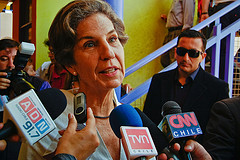
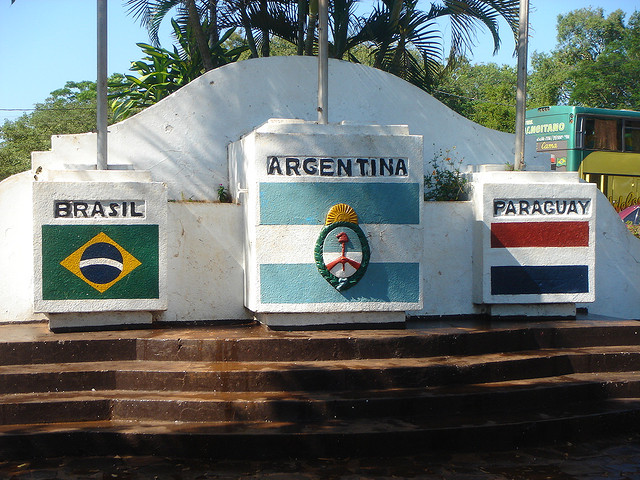

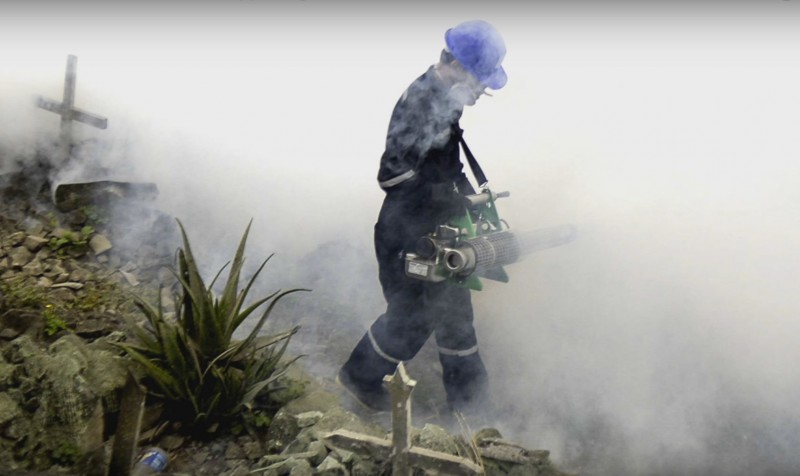
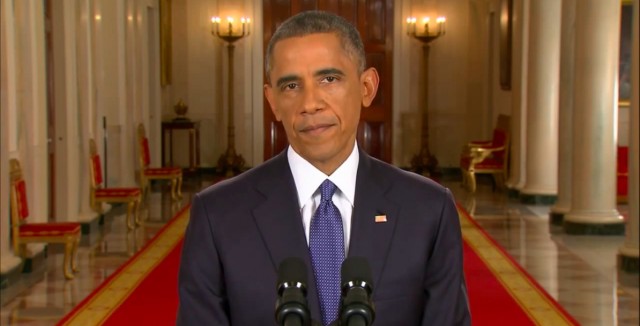
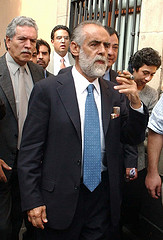
1 Comment
[…] borders the province of Alta Verapaz, where the Guatemalan government declared a state of siege and sent the military to quell violence related to drug smuggling in […]
Comments are closed.